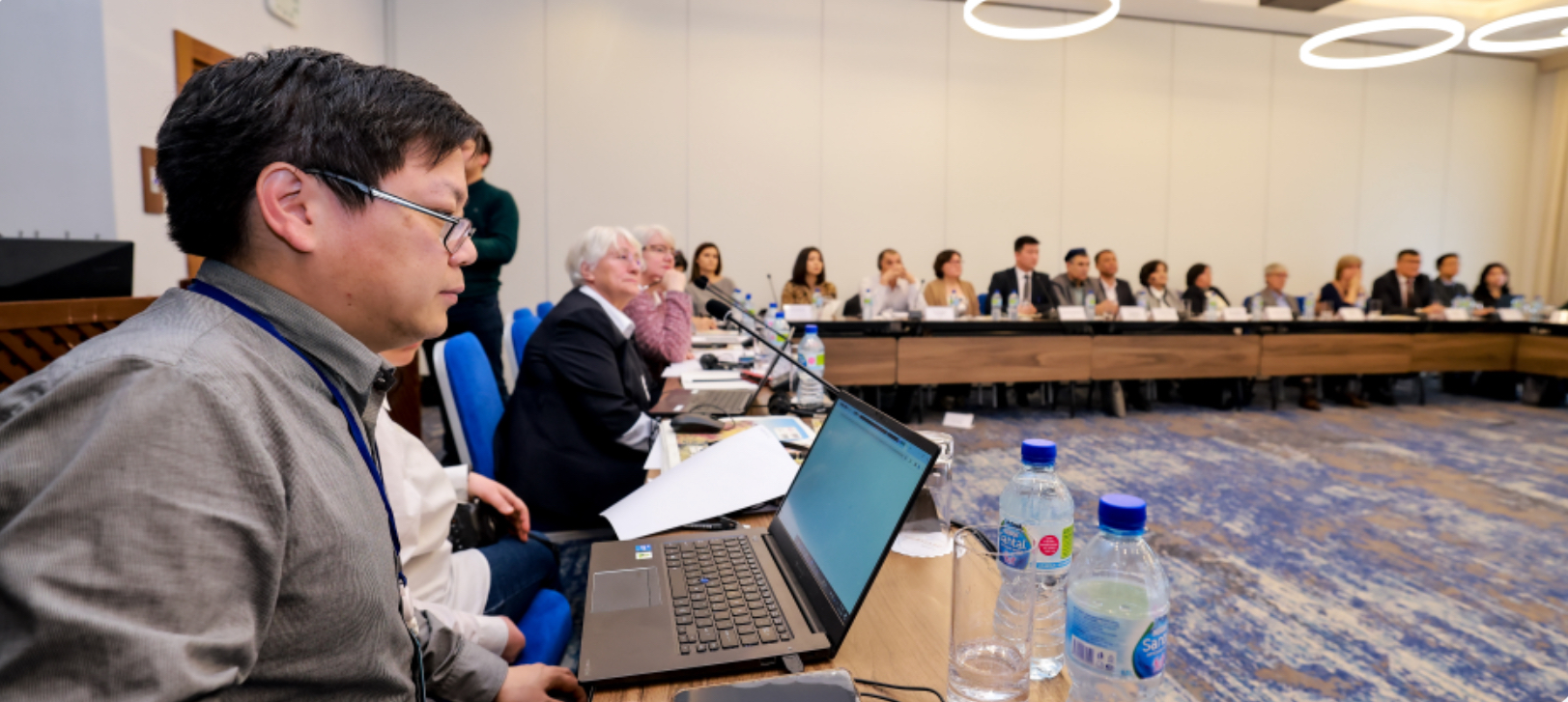A seminar held in Tashkent on March 7, showcased innovative strategies aimed at enhancing agrobiodiversity and promoting sustainable agriculture practices in the Aral Sea basin, the Ministry of Ecology, Environmental Protection & Climate Change of Uzbekistan reported. The event drew together experts and stakeholders from various institutions, including government bodies, research institutes, and international organizations.

Key figures in attendance included Bakhtiyor Pulatov, Director of the Research Institute of Environment and Nature Conservation Technologies, under the Ministry of Ecology, Bakhytzhan Khabibullayev, Director of the International Innovation Center of the Aral Sea Basin, and Caroline Milow, head of the GIZ Green Central Asia project, among others.
The seminar, organized jointly with the Japanese-Uzbek SATREPS project and Deutsche Gesellschaft für Internationale Zusammenarbeit (GIZ) GmbH as part of the «Green Central Asia» initiative, aimed to introduce novel approaches and agricultural technologies geared towards enhancing soil fertility, restoring degraded lands, and optimizing water and energy use while simultaneously increasing yields.
Participants presented case studies and methodologies, highlighting the integration of environmental sustainability and climate change adaptation measures into agri-food systems. Among the showcased initiatives were those from the Uzbek-Japanese SATREPS project, focusing on utilizing saline, unproductive lands for agriculture.

One approach discussed was the introduction of halophyte farming, which involves cultivating salt-tolerant plants on saline soils. This method offers promise in making more efficient use of infertile lands and marginal water resources. Experts emphasized that harnessing the potential of agrobiodiversity, particularly through the cultivation of underutilized plant species, could significantly contribute to food security and mitigate the environmental impact of agriculture.
Reports were presented on various topics, including sustainable water resources management, the implementation of innovative agricultural tools, and the introduction of closed-cycle halophyte agriculture to enhance productivity in saline agroecosystems.
The event underscored the importance of collaborative efforts in promoting sustainable agriculture and biodiversity conservation. Reference was made to the Alliance for the Conservation of Dryland Biodiversity, established at the 15th Conference of the Parties to the Convention on Biological Diversity (CBD COP 15), as a potential mechanism for addressing challenges related to agrobiodiversity in arid and saline environments.
Looking ahead, organizers intend to compile an analytical review based on the seminar discussions, aimed at informing policymakers and fostering interest in adopting new agricultural systems that prioritize sustainability and resilience.
Follow Daryo's official Instagram and Twitter pages to keep current on world news.
Comments (0)